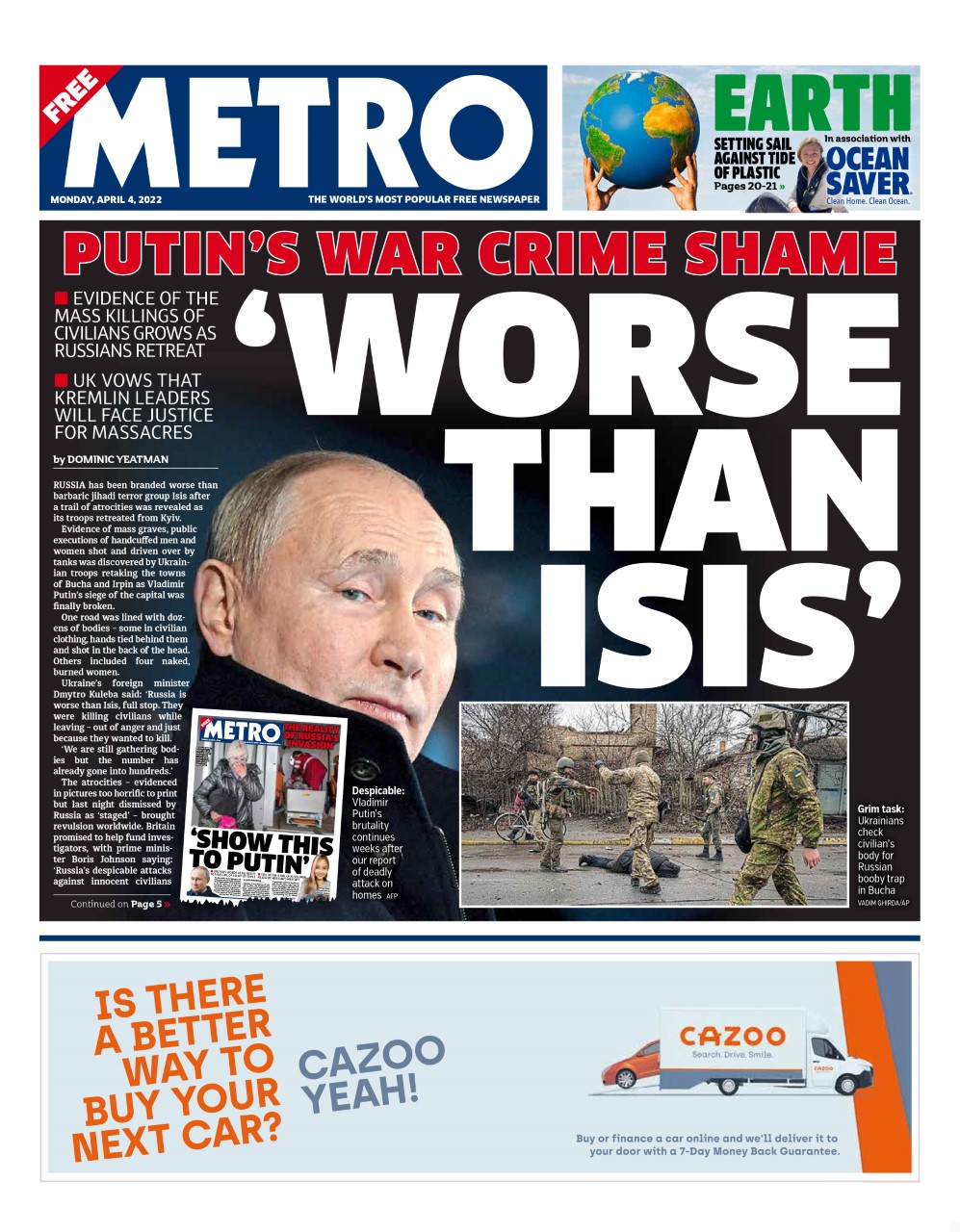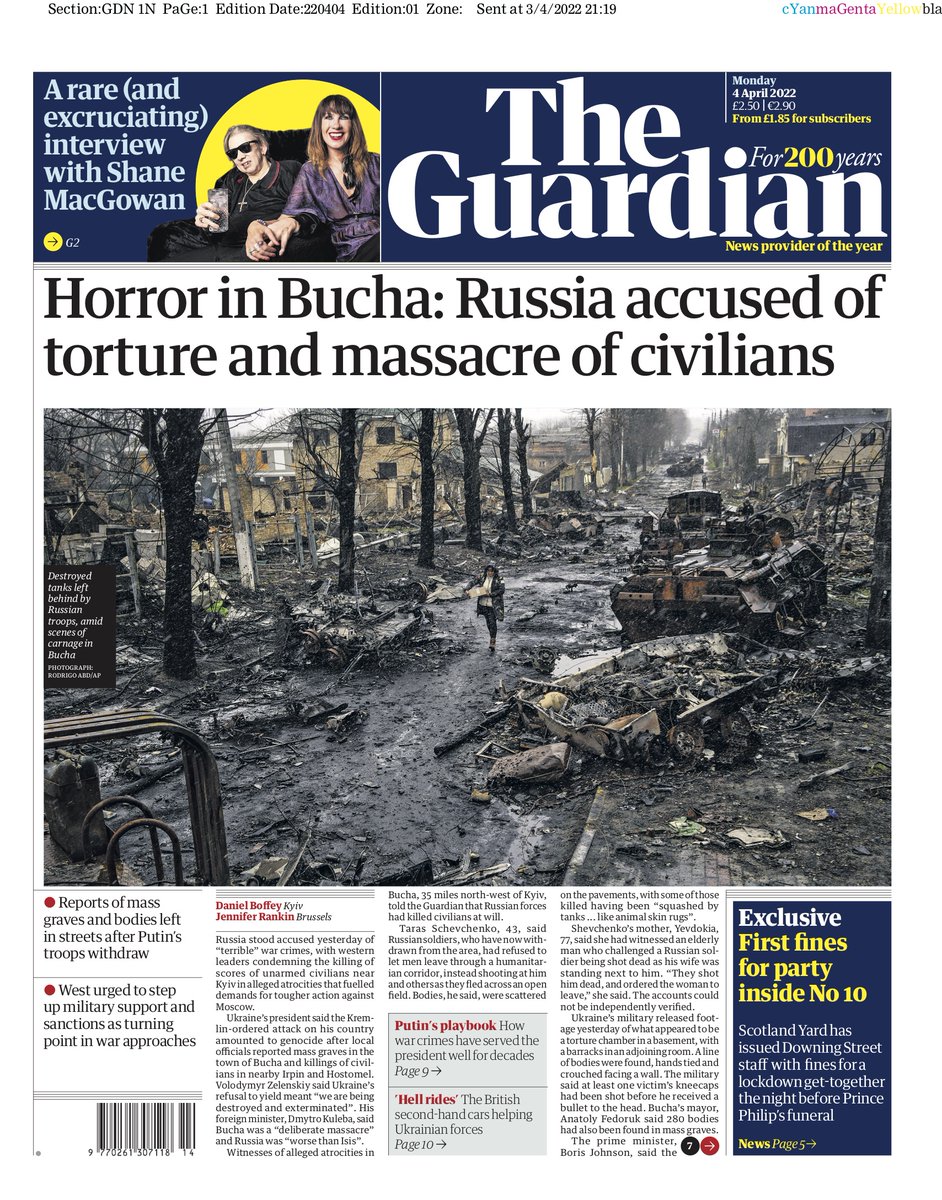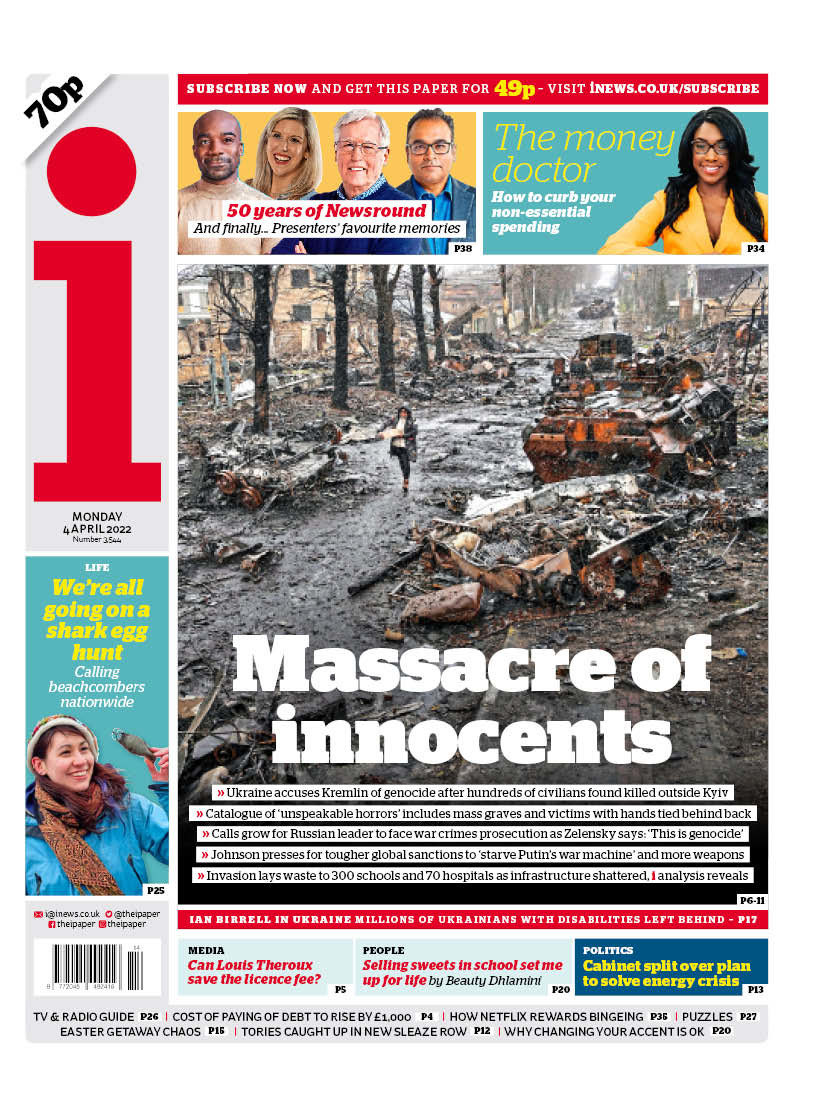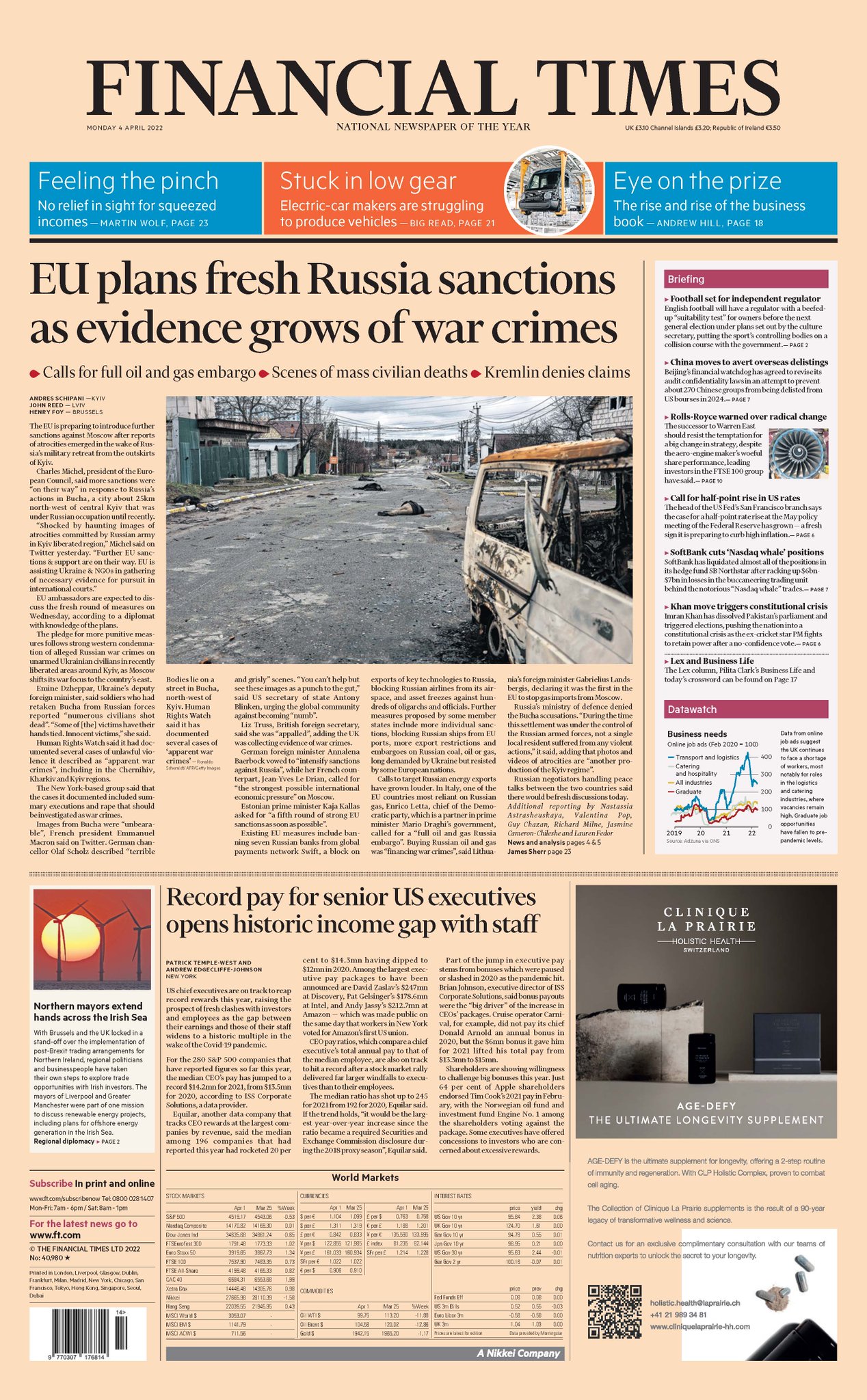Wonderful insights as usual John.
One question: can you clarify if you consider this a crisis period for Russia and Ukraine? In the online version of your original book you suggest that the 1989-91 collapse of the USSR was the last crisis period for Russia and Eastern Europe, but this strikes me as off. While WWII may not have started as a crisis war for Russia I don't see how the brutality by both sides, massive Russian losses and the legacy of the "Great Patriotic War" on Russian culture doesn't suggest that some kind of reset took place resulting in Russia/Eastern Europe ending WWII aligned with the generational cycle of Western Europe, the US, etc.
On a different topic, the national cultural differences are very interesting. On a somewhat related note I was recently thinking about how Americans don't seem to hold grudges against our former enemies the way many/most other countries seem to. Even in the case of our crisis wars we seem willing and able to put the past behind us. Perhaps this is a result of our culture of respecting the individual, our pluralistic values towards race/ethnicity ... or maybe it's simply that our civilians are largely shielded from the type of destruction, rape and murder that are normally a part of total war (I know that, for example, many US soldiers who actually experienced/witnessed the brutality of the Japanese held on to some amount of hatred for the people). It didn't take long for us to make up with England, Germany and Japan and non-crisis enemies like Mexico and Vietnam. Even the lingering tensions from our own brutal Civil War were relatively trivial compared to what is seen in other countries. I may be wrong, but my sense is that cultural attitudes is Europe are somewhat similar - in that I don't think many young French people hold deep grudges against Germans and vice-versa (except maybe when it comes to soccer).
Around 20 years ago I stopped in Germany while bumming around Europe after college. My grandmother (a German Jew who fled to America in the 30s as a young woman) still passionately hated the German people and even warned me not to go there. In Munich my friend and I befriended some local German guys around our age and we all went out drinking. We were getting drunk, laughing, flirting with girls and having a great time. Then, at some point, one of the drunk Germans ask us if we were Jews. We we casually said were were the German kids started sobbing, apologizing to us and groveling for us to forgive them for the Holocaust. My friend and I tried and tried to explain to them that it didn't even occur to us to consider them responsible for what happened decades before any of us were born. But, this episode pretty much ended the night. The incident has always stuck with me. At the time I attributed it to the collective guilt Germany forcefully instilled in their children. In recent years I've brought it up as an example of the toxicity of "woke" shaming, in that as soon as we went from just a group of guys hanging out to representatives of ethnic groups weighed down by the baggage of the past it was impossible to maintain genuine human connection. I thought about this recently again while watching videos of young Chinese people ranting about their hatred of Americans/Westerners, citing historical events that many Westerners their age likely wouldn't even know about.




